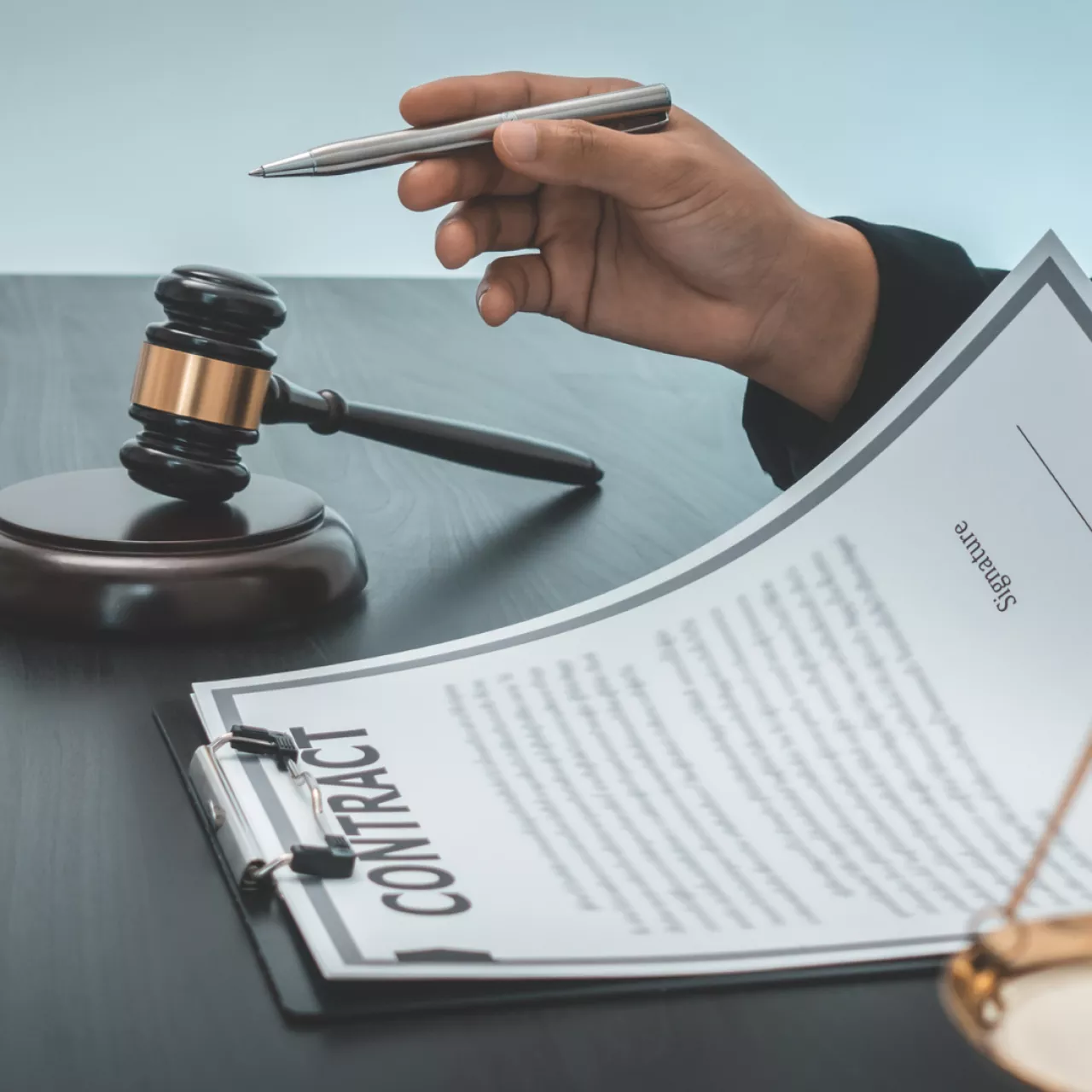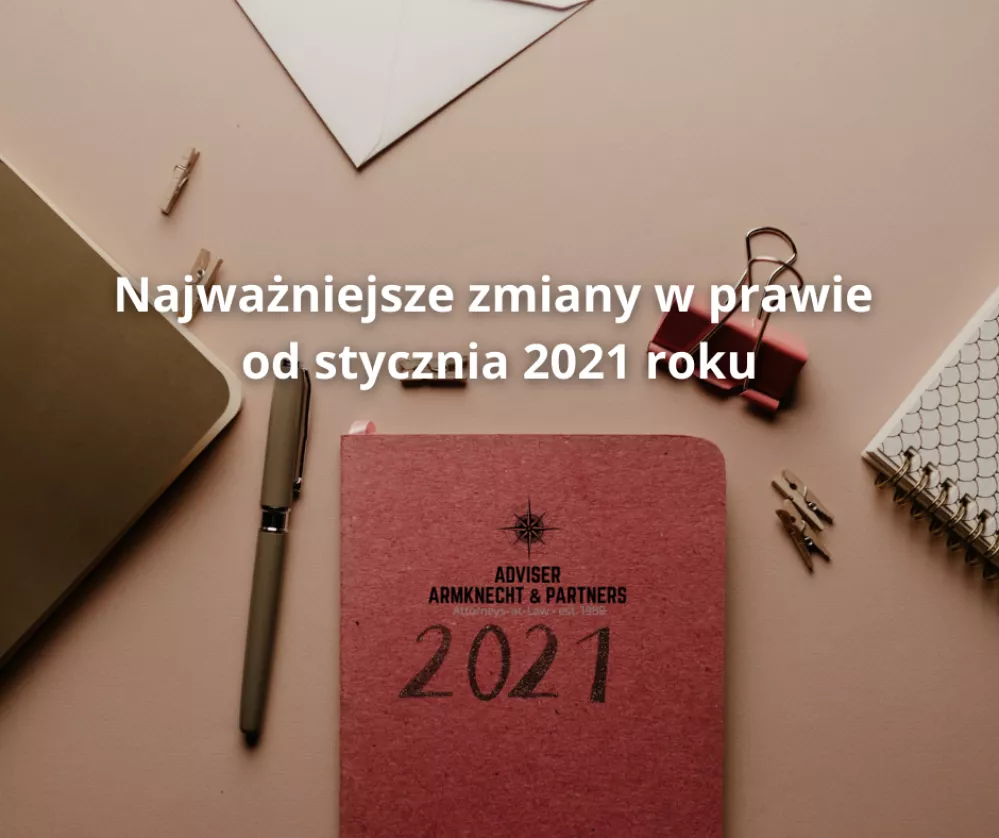
Świat cyfrowy rozwija się, a wraz z nim powstają nowe możliwości sprzedaży towarów i usług. Ustawodawca unijny zauważył, że konsument nie jest wystarczająco chroniony w sieci i może paść ofiarą nieuczciwych dostawców dóbr i usług. Wprowadzono zatem Dyrektywę Omnibus, która już niedługo stanie się częścią polskiego systemu prawnego. W poniższym artykule przedstawiamy najważniejsze uprawnienia konsumenta i obowiązki przedsiębiorcy wynikające z tej Dyrektywy.
Czytaj dalej
 Wstecz
Wstecz 


